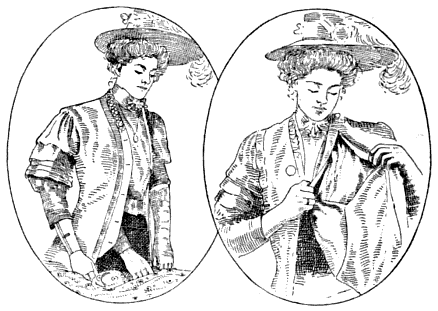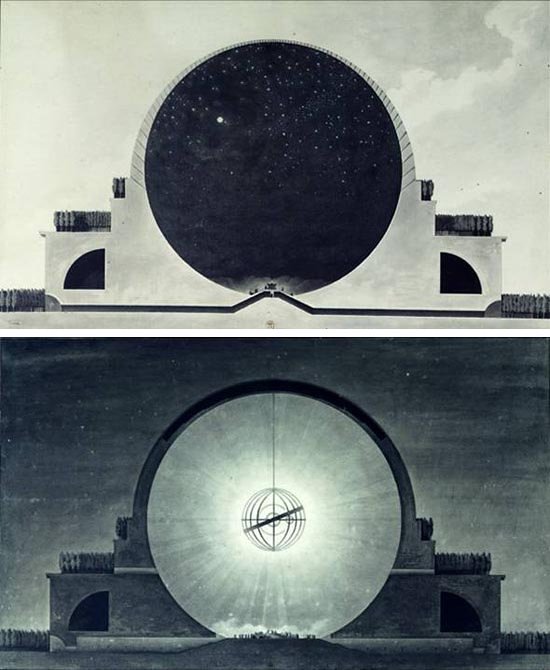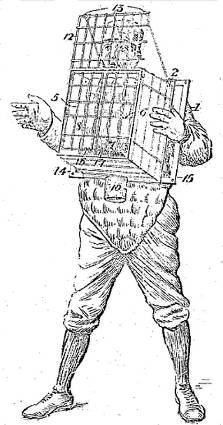Pedro Carolino thought he was doing the world a favor in 1883 when he published English As She Is Spoke, ostensibly a Portuguese-English phrasebook. The trouble is that Carolino didn’t speak English — apparently he had taken an existing Portuguese-French phrasebook and mechanically translated the French to English using a dictionary, assuming that this would produce proper English. It didn’t:
It must to get in the corn.
He burns one’s self the brains.
He not tooks so near.
He make to weep the room.
I should eat a piece of some thing.
I took off him of perplexity.
I dead myself in envy to see her.
The sun glisten?
The thunderbolt is falling down.
Whole to agree one’s perfectly.
Yours parents does exist yet?
A dialogue with a bookseller:
What is there in new’s litterature?
Little or almost nothing, it not appears any thing of note.
And yet one imprint many deal.
That is true; but what it is imprinted. Some news papers, pamphlets, and others ephemiral pieces: here is.
But why, you and another book seller, you does not to imprint some good works?
There is a reason for that, it is that you canot to sell its. The actual-liking of the public is depraved they does not read who for to amuse one’s self ant but to instruct one’s.
But the letter’s men who cultivate the arts and the sciences they can’t to pass without the books.
A little learneds are happies enough for to may to satisfy their fancies on the literature.
An anecdote:
One eyed was laied against a man which had good eyes that he saw better than him. The party was accepted. “I had gain, over said the one eyed; why I see you two eyes, and you not look me who one.”
Proverbs:
The walls have hearsay.
Nothing some money, nothing of Swiss.
He has a good beak.
The dress don’t make the monk.
They shurt him the doar in the face.
Every where the stones are hards.
Burn the politeness.
To live in a small cleanness point.
To craunch the marmoset.
Mark Twain wrote, “In this world of uncertainties, there is, at any rate, one thing which may be pretty confidently set down as a certainty: and that is, that this celebrated little phrase-book will never die while the English language lasts. … Whatsoever is perfect in its kind, in literature, is imperishable: nobody can add to the absurdity of this book, nobody can imitate it successfully, nobody can hope to produce its fellow; it is perfect, it must and will stand alone: its immortality is secure.”






